Recovery: I’m Not a Big Fan of the Word
September is National Recovery Month, which “celebrates the gains made by those in recovery” with mental health conditions and/or substance use disorders. Here at NAMI Chicago, we hear confusion all the time about the word recovery. What does it mean? You don’t technically recover from a mental health condition - right?
Guest blogger Eric Cowgill joins us to tackle this confusion. We asked him one simple question: “What does recovery mean to you?”
---
Recovery: I’m not a big fan of the word.
It sounds like a word doctors with bow ties come up with in a lab and then slap themselves on the back for twenty minutes, nodding their heads, with their pipes piping.
It’s even in the title of my job: “Recovery Support Provider”.
I don’t think anyone really knows what to call the thing it describes.
I do.
It’s my groovy. When I’m groovy, I’m taking the weird, the terrible and the delicious of the world and I can even it all out. Like a pizza. Rolling out the crust, flipping it high, laying on the sauce. My days are groovy pizzas.
The word “recovery”, instead, sounds like something made up for billing purposes. It’s the many great people who try their best to heal us and make us whole, trying to bring the mists of our minds into some concrete focus. So they borrowed a term from our brothers and sisters in Alcoholics Anonymous a half-century ago. Isn’t recovery awesome?*
Mr. Google will tell you that “recovery” means you have “returned to a normal state”. But my medical condition, my infinitely creative brain does not recognize or try to attain a “normal state” anymore. It’s exhausting.
Instead I learn, and I try for balance. I like a balanced groovy pizza; sometimes just pepperoni and mushroom. Other days: pan crust is the only thing that will satisfy.
My therapist had me look at one of those Chinese Go game boards with dozens of black and white pieces. She said: “Think of life and your emotions and events as if there are good pieces and bad pieces. They are equal in size and they coexist and shift and change all the time.” I remember saying, “Uh huh. What about pizza?”
The point is, I just call it my Groovy. I wrote a song that I perform sometimes in presentations called “I’m Groovycheckin.” I regularly check in and leave voicemail messages with my psychologist, who has seen me through four long years of Ever Growing Grooviness. “This is Eric and I wanna lay this Groovycheck on ya…”
Sometimes they are funny, other times they are totally not. White and black pieces, you know. But that’s how my Groovy goes.
At NAMI Chicago I support a lot of buddies who are also working on their groovy. I asked a few of them if they could fill me in on what “recovery” means. Through the years the people who I see have the most success in maintaining a consistent level of groovy are the ones that take action. You know, they DO things! Get outside their brains. They don’t simply think about it, hash it over, polish the little dreams to a perfect ending (I am especially good at fantasizing my future!). They seem to just be able to walk out their doors and risk it.
So, for the last word, here’s what some of these guys said recovery means to them:
“Coming from a worse place to a better place.” – Dave
“Being a part of society. I got shot and almost died! What could be worse than that!?” – Edgar
“It’s responsibility, man! (Doing) things that you’re supposed to be doing and having fun! Making up for lost fun!” - Donald
Signing off,
Your Groovy Support Provider, Eric
* It is awesome, in the sense that whisky doesn’t make all my decisions anymore. I’ve been in recovery for ten years. Please, no clapping.

